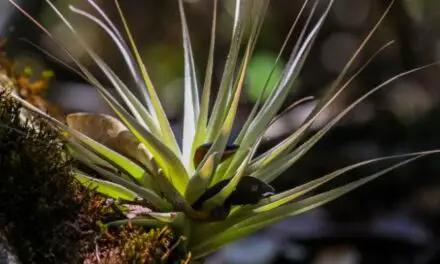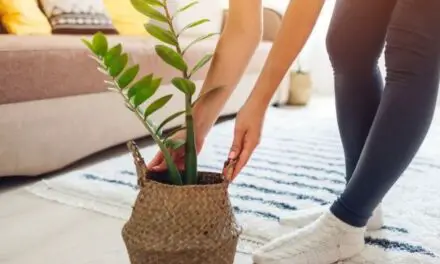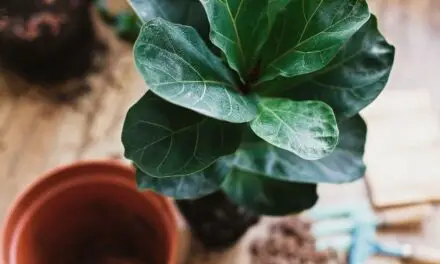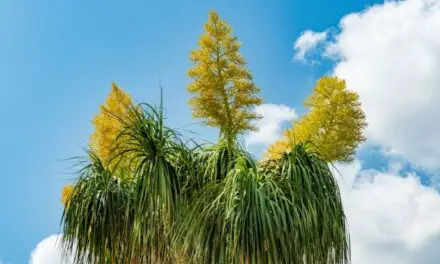Compost is meant to enrich the soil, leading to more nutrients for our plants to suck up.
As with everything in life, moderation and timing are key.
Adding too much compost or compost that hasn’t been allowed to fully break down can do more harm than good for your plants.
Table of Contents
Will Compost Burn Plants?
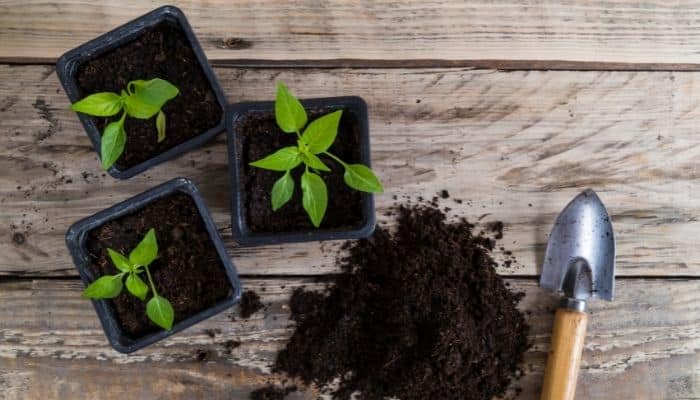
Yes. If you use compost that has not fully decomposed, or if you use too much compost it may burn your plants.
But if you use compost that is too fresh and not been allowed to properly age, it can not only burn your plants but compete with them for nutrients and nitrogen.
During the decomposition process when carbon and nitrogen are breaking down, microbes and bacteria begin to heat up.
Depending on the size of your compost pile and what is in it it can take anywhere from 60 days to 3 years to fully decompose.
When fully broken down and ready to apply to your plants, compost will smell and feel similar to crumbly soil.
If you are wondering how to use compost in a way so that it does not burn plants, you have come to the right place.
In this article, we’ll look at how compost can burn plants and how you can prevent it from happening to you.
How Does Compost Burn Plants?
There are typically three scenarios that can cause the compost to burn your plants.
Using Too Much Compost At One Time Can Burn Your Plants
The first is when you use too much compost at once.
If you use too much compost in one go, the soil will become too high in phosphorus.
This causes a buildup and makes the plants unable to use the nutrients.
If you notice that your plants are yellowing between the leaf veins, you’re probably being a bit too heavy-handed with your compost application.
Related Article: What Is A Drunken Compost And How Do You Make It?
Plants Can Burn If The Compost Has Not Broken Down Properly
Compost can also burn plants if you use it when it is too fresh and not yet ready.
Using compost that has not fully decomposed can trigger nitrogen deficiency symptoms, like yellowing and browning of the leaves.
Plus, compost that is still breaking down will produce heat, causing the plant to burn from the high temperature.
Using The Wrong Type Of Compost
Finally, the third reason why compost burns plants are when different compost types are used in the same way.
Manure-based compost can be high in phosphorus and quicker to burn plants, leading to the same results as if you use too much compost.
With this in mind, you should try to use more vegetable-based compost than manure-based compost.
Can You Revive Plants Burned By Compost?
You can revive plants that have been burned by compost if you catch it early enough and act quickly.
To help a plant that has been badly affected, you’ll need to remove it from its container, clean as much soil away from its roots as possible, and replant it into fresh soil.
If the soil contains too much compost, you won’t want to leave the plant sitting in it.
Replant in new soil and give water.
Even if the plant as a whole can be revived, the leaves may still die and fall off.
At the same time, some leaves may be able to recover from being burned.
It simply depends on the severity of the damage caused and the age of the leaf.
Unfortunately, you might not be able to save a plant if they have been dealing with excess compost for some time.
You may not know which plants are salvageable until you replant them.
If you notice that some plants are appearing burnt while others are not, despite being in the same pot, I would recommend replanting all of them to save the plants that don’t appear burnt yet.
How To Prevent Compost From Burning Plants?
To prevent the compost from burning your plants use the right amount of it, try to use plant-based compost, and make sure it has fully decomposed before you use it.
To prevent the compost from burning your plants, you simply need to use it the right way.
First of all, make sure the compost has fully decomposed.
With the compost being fully decomposed, it will not produce heat that leads to burning.
Compost is typically done decomposing when it is a third of the original size, the material is no longer distinguishable, and the pile is cold.
You also need to use the correct amount of compost.
Remember, you should use more plant-based compost than manure-based compost.
Make sure that there is good nitrogen to phosphorus proportion since plants need more nitrogen than phosphorus.
Final Thoughts
Even though compost is good for your plants, it certainly can cause damage if you use it incorrectly.
Most notably, using too much compost, using compost that is not final yet, and treating all compost types the same can lead to burning your plant.
Luckily, you can revive plants and prevent plants from being burned by compost in the future.
Just remember that moderation is key and that compost needs to be fully decomposed before placing it around plants.
If you follow these two simple steps, you should avoid plant burning pretty successfully.

